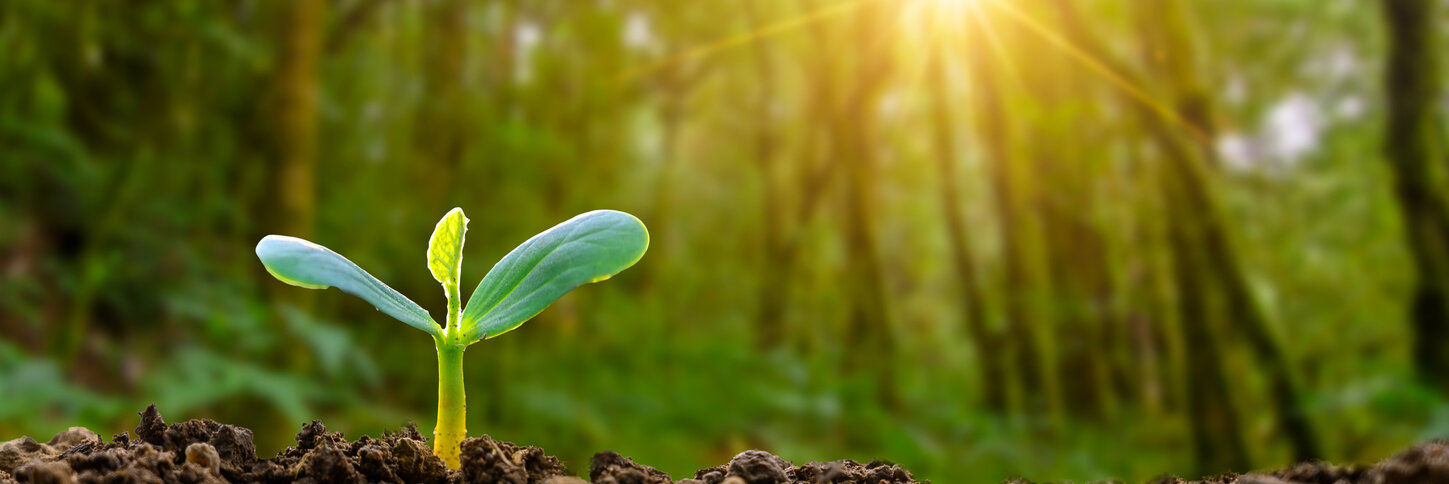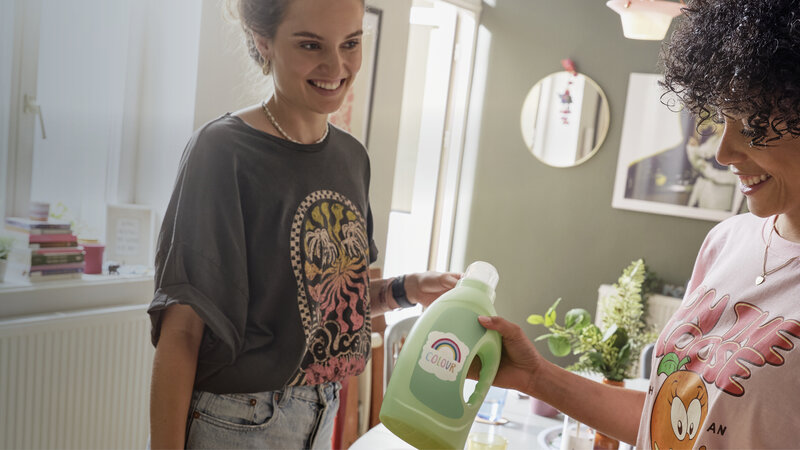
Bridging the gap to a sustainable future with mass balance
The climate crisis presents an urgent and complex challenge, with no single solution. At OMV, we recognize the particular responsibility our industry bears for driving action and are taking concrete steps across a number of our business areas.
A circular economy
Materials form the foundations of modern society, yet their production – particularly that of plastics – depends heavily on fossil fuels. A different path is possible. By moving from a linear ‘make-use-dispose’ model to a circular one we can preserve the value of materials for many lifetimes and reduce our reliance on fossil feedstocks.
Through our ownership of Borealis, coupled with our base chemicals production, we at OMV are uniquely positioned to steer the materials industry towards circularity, right from its foundation.
A step towards sustainable production
Transitioning to sustainable feedstocks, such as those from recycled and renewable sources is essential. However, these alternatives aren't currently sufficiently abundant or consistent in quality for standalone or segregated production on a commercial scale.
An approach that gradually replaces fossil feedstocks with sustainable alternatives is needed. By combining them in the same production process, we can scale-up circular solutions efficiently, maintaining product quality and saving time and money.
What is mass balance and how does it work?
Mass balance is a chain of custody model that enables meticulous tracking of circular feedstock throughout the value chain, ultimately allowing us to produce materials that are verifiably sustainable.
Discover the mass balance model, the industry’s roadmap to a more sustainable future:

Combined Inputs: At beginning of the process, fossil feedstocks are mixed with renewable resources to create a balanced blend of raw materials.
Waste Transformation: Innovative recycling processes such as ReOil® technology turn plastic waste back into a raw material, creating a circular feedstock that is added to the production blend.
Integrated Refining: At the refinery, these inputs are processed together to create high-quality plastic materials that include a measurable amount of sustainable content.
Secure Storage: The materials are then carefully stored until ready to be dispatched for the next step in their value chain journey.
End-Product Production: The materials are then used in a wide variety of products, enhancing the sustainably of everyday items from packaging to automotive parts.
Certified Sustainability: Each step of the process is certified by the International Sustainability & Carbon Certification (ISCC), guaranteeing the highest standards of sustainability. When you see the ISCC logo, you know that the product is part of a chain of environmental stewardship and social responsibility.
By embracing the official mass balance model, we demonstrate our commitment to environmental responsibly, ensuring that each step from raw material to final product is carried out with a focus on sustainability and shaping a better future.
Bridging the gap to a circular future
Transitioning to sustainable feedstocks, such as those from recycled and renewable sources. is essential. However, these alternatives aren't currently sufficiently abundant or consistent in quality for standalone or segregated production on a commercial scale.
An approach that gradually replaces fossil feedstocks with sustainable alternatives is needed. By combining them in the same production process, we can scale-up circular solutions efficiently,
At OMV, we believe mass balance is the most effective model we have for making measurable progress toward our immediate goals, serving as a bridge to a fully circular future.
It offers clear advantages for our customers:
- helping them stay ahead of regulations,
- future-proofing their businesses against changing market conditions,
- supporting them to meet their own sustainability goals, and
- offering a competitive advantage amid increasing consumer demand for environmentally friendly products.
As a step on the path to a circular economy, it’s also more than a strategic choice; it's a commitment to environmental stewardship and cultivating a more sustainable world.
More related information

